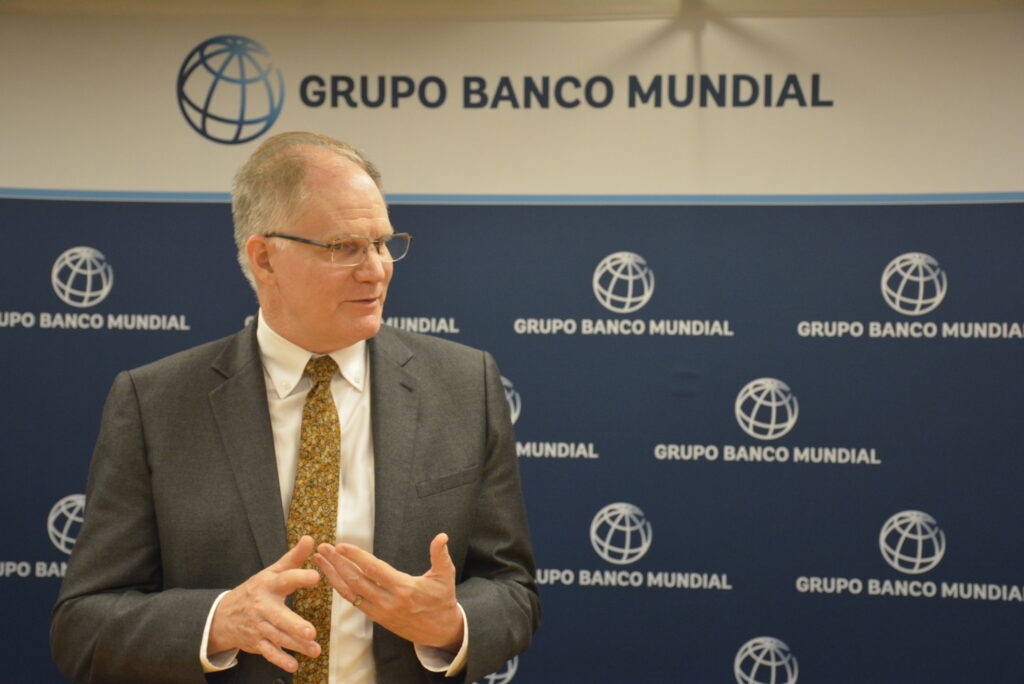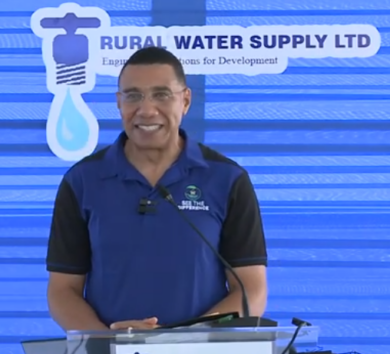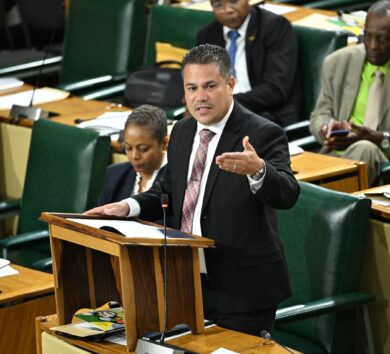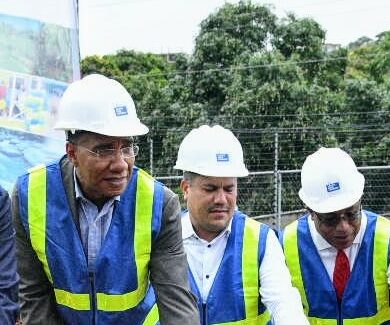
Improving competition systems can help overcome persistent obstacles

Durrant Pate/Contributor
A new World Bank Report is highlighting that Latin America and the Caribbean (LAC) is projecting to have the lowest growth compared to all other regions in the world.
The report, titled a “Competition: The Missing Ingredient for Growth?”, forecasts that regional gross domestic product (GDP) will expand by 1.6 per cent in 2024. GDP growth of 2.7 and 2.6 are expected for 2025 and 2026.
According to the report, “these rates are the lowest compared to all other regions in the world, and insufficient to drive prosperity. With social transfers declining and wages not yet rebounding to pre-pandemic figures, many households are under pressure.”
The report, which was released on Wednesday, April 10, highlights that the LAC has reached a critical juncture, noting that while the region has made significant progress in economic stabilisation over recent decades, growth has stalled, undermining progress. As such, urgent action is needed to reverse course.
Potential areas for action

The World Bank cites potential areas for action, emphasising that leveraging competition policies and institutions is key to any impactful growth strategy. Factors driving the low growth numbers include low levels of investment and domestic consumption, elevated interest rates, high fiscal deficits, declining commodity prices, and uncertainty in the prospects of important partners such as the U.S., China, Europe and other G7 countries.
The report also cites an adverse global scenario, marked by geopolitical tensions, disruptions of shipments through the Suez Canal, and the El Niño phenomenon could further dampen prospects was also cited. A bright spot in the region has been inflation management, reflecting decades of solid macroeconomic reforms.
In most of the region, inflationary expectations remain anchored and central bank targets are expected to be achieved in 2024. To capitalise on this progress and reignite economies, the World Bank says LAC must address longstanding challenges. Reforms in infrastructure, education and trade are critical to enhance its productivity and global integration.
Better competition policies as a driver of growth

Fostering competition is central to revive the economy and win back investor confidence. In LAC, this is a pressing matter. The region has low competition levels, undermining innovation and productivity. Consumers are also penalised, facing higher markups than the rest of the world.
The World Bank report discusses the reasons behind this scenario noting that the business landscape in LAC is concentrated, marked by a stark contrast between a few large firms dominating markets and numerous small businesses. Furthermore, despite the presence of competition agencies and laws in many LAC countries, enforcement is fragile, as many agencies lack funds or are understaffed. Powerful businesses often influence government policies, hindering the effectiveness of competition laws.
“All this creates a cycle where a handful of large companies dominate and influence markets, and businesses have little encouragement to innovate. With low incentives to excel, idle companies remain in business and end up ill prepared to compete, stifling their potential to drive growth, the report articulated.
World Bank executives added their voice

Commenting on the report, World Bank Vice President for the LAC, Carlos Felipe Jaramillo said, “persistent low growth is not just an economic statistic, it’s a barrier for development. It translates into reduced public services, fewer job opportunities, depressed salaries and higher poverty and inequality. When economies stagnate, the potential of its people is constrained. We must act decisively to help Latin America and the Caribbean break away from this cycle.”
For his part, World Bank Chief Economist for the LAC, William Maloney added, “As the pandemic shock recedes, LAC’s growth rates mirror the ones of the 2010s. This shows that the region has not addressed persistent obstacles that block its potential, including low education levels, poor infrastructure, and high investment costs, which also fuel social discontent. An agenda that drives growth forward addresses these gaps seriously. Otherwise, the region will remain stuck and won’t be able to attract investments or seize new opportunities, such as nearshoring or the low-carbon economy. Improving competition systems should be part of these strategies, leading to improvements for consumers and businesses.”







Comments